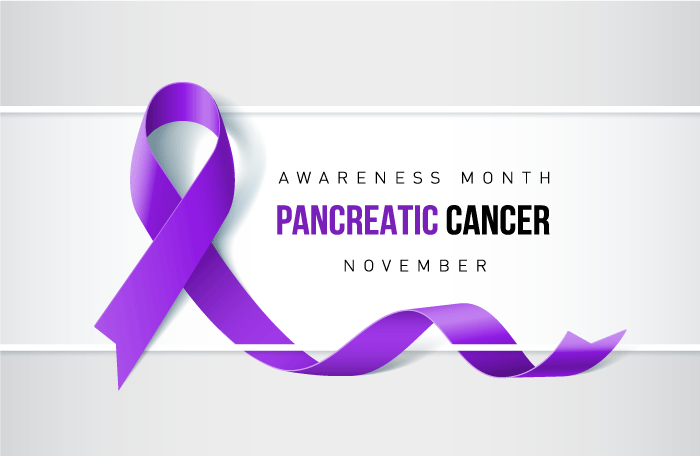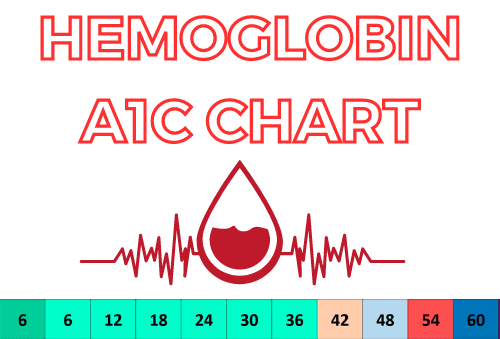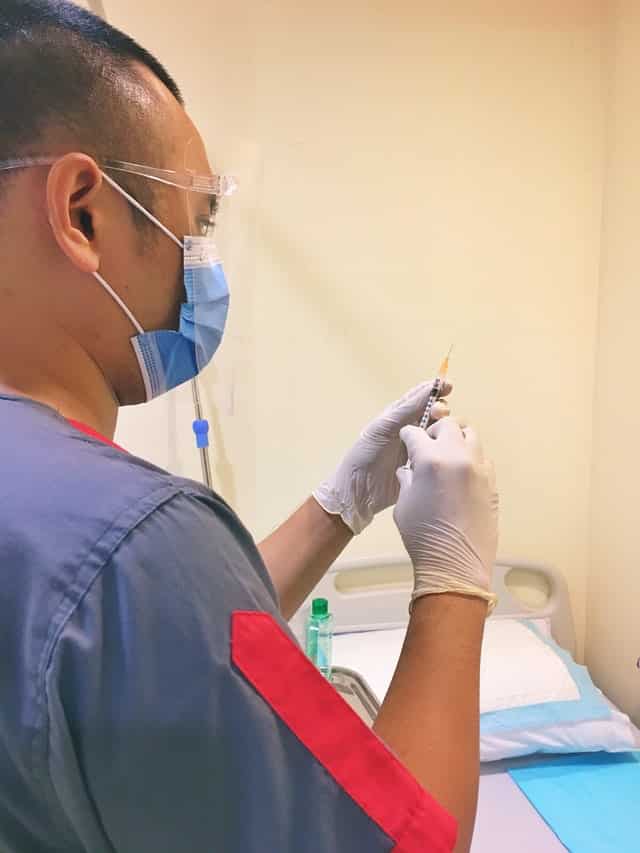What Is MODY and Is There A Cure?
MODY is a form of diabetes but most people find it very confusing because it shares some common characteristics from both types. Like type one that mainly affects young people, MODY is commonly found in youngsters. However, MODY reduces the production of insulin.
It acts like type 2 diabetes and is caused by the genetic makeup of the individual. In short, if your parents have diabetes or you have a family history of diabetes, you are more likely to have diabetes or MODY. MODY stands for Maturity-onset diabetes of the young which means it is genetic yet it takes time to show. Mostly it becomes evident in youngsters.
According to research, MODY is more common than most people think. 5% of all the reported cases of diabetes show that they are a cause of MODY. There is no hard and fast rule about age, which means the onset of MODY can take place at any age.
The worst part of MODY is that it doesn’t just affect insulin production, the high glucose level affects the overall body tissue. It affects the kidneys, nerves, blood vessels along with eyesight. In most cases, people end up with renal failure as well as blindness.
Why is it important to recognize MODY?
Getting the diagnosis right isn’t just a matter of curiosity—it can have a real impact on how diabetes is managed. Since MODY is often misdiagnosed as either type 1 or type 2 diabetes, people may end up with treatments that don’t actually suit their needs. For example, some forms of MODY can be managed with tablets rather than insulin injections, which can make life a whole lot easier for the patient.
Early and accurate diagnosis also means families can be properly informed, because MODY is inherited. If one person is diagnosed, it can lead to testing and better care for other family members who might not even know they’re at risk. Plus, understanding the genetic cause helps healthcare professionals anticipate possible complications and tailor monitoring or treatment plans.
So, while MODY might sound like a niche topic, recognizing it means giving people the right tools, information, and treatments—helping them avoid unnecessary medications and reduce the risk of long-term complications.
How To Diagnose MODY and What Are Causes?
MODY is caused by mutation of the same gene, which means it is a monogenic disorder.
What Are the Genetic Subtypes of MODY?
There are several distinct subtypes of MODY, each linked to a different gene mutation. The most common forms include:
- HNF1A-MODY: This is one of the most frequently diagnosed types, typically presenting in adolescence or early adulthood.
- HNF4A-MODY: Similar in many ways to HNF1A, though sometimes associated with additional features like increased birth weight.
- GCK-MODY: This form often results in mild, stable elevations in blood sugar and is sometimes picked up during routine blood tests.
- HNF1B-MODY: This subtype can also be associated with kidney abnormalities or other organ involvement.
- KCNJ11 and ABCC8 MODY: These rarer subtypes are linked to genes that control insulin secretion in the pancreas.
- Maternally Inherited Diabetes and Deafness (MIDD): While not strictly MODY, MIDD can present with similar features and includes both diabetes and hearing impairment.
Identifying the specific subtype is key for guiding treatment and management decisions.
Usually, people with diabetic family history end up with MODY.
What Different Types of MODY Have Been Identified?
When it comes to MODY, not all cases are created equal. Scientists have pinpointed several distinct types of MODY, each linked to a different gene mutation. The most common types include:
- HNF1A MODY: This type typically shows up with high blood sugar levels that respond well to certain oral medications, rather than insulin.
- HNF4A MODY: Similar to HNF1A, this subtype is also often managed with tablets, not injections, and can even affect birth weight in babies.
- GCK MODY: People with this form usually have mildly elevated blood sugar from birth, but the condition tends to be stable and often doesn’t require treatment.
- HNF1B MODY: This variant can impact organs beyond the pancreas, such as the kidneys, causing additional symptoms.
- KCNJ11 and ABCC8 MODY: Less common, these types involve genes that control how the pancreas releases insulin.
There are other rare versions, including those associated with maternally inherited diabetes coupled with hearing loss. Knowing the specific type of MODY can help tailor treatment and inform family members about their own potential risk.
Some of the common symptoms that will help you detect this disorder include:
- Constantly feeling thirsty and drinking too much water
- Frequent urination after constant water drinking
- Extreme dehydration and feeling parched all the time
- Effect on eyesight, especially reporting blurry vision
- Dry skin and other skin infections
- Yeast infection
Genetic Testing for MODY Diagnosis
Diagnosing MODY often requires more than just recognizing symptoms—it calls for specialized genetic testing to confirm the diagnosis. If you or your doctor suspects MODY based on your family history, age, and symptoms, the following types of genetic tests are commonly used:
- Comprehensive gene panel testing: Modern labs can analyze all known genes associated with MODY at once using next-generation sequencing. This helps pinpoint specific gene mutations responsible for the condition.
- Targeted gene sequencing: If your doctor suspects a particular MODY subtype, they may recommend sequencing specific genes like GCK, HNF1A, or HNF4A, which are commonly linked to MODY.
- Deletion/duplication analysis: Techniques like MLPA (Multiplex Ligation-dependent Probe Amplification) investigate if parts of MODY-related genes are missing or duplicated, especially in cases linked to kidney complications.
- Testing for mitochondrial diabetes: In some rare cases, especially when hearing loss is also present, additional testing may identify mitochondrial forms of diabetes, such as Maternally Inherited Diabetes and Deafness (MIDD).
Genetic testing is essential because it not only confirms MODY but also helps tailor treatment plans, sometimes allowing people to switch from insulin to oral medication, depending on the type. Always consult with a healthcare provider or genetic counselor to discuss which testing options are most appropriate for you.
Is MODY Curable?
One of the most asked questions related to diabetes is if it can be cured. In most cases, diabetes cannot be cured but it is still treatable. You can increase the pan of your life and quality of life however, this is a constant disease and you cannot get rid of it altogether.
Especially because it is a genetic disorder. For treatment, doctors recommend insulin and other oral medication that helps in keeping blood sugar levels under control. However, just medication will not help if you are still living the same passive lifestyle. You need to start with a healthy organic diet along with daily exercise.
Physicians recommend that exercise helps in increasing the insulin sensitivity in the body and it is really helpful in reducing the fat content which eventually impacts the easy absorption of blood sugar. Apart from diet, getting involved in physical activities is also very important. Physicians recommend that morning walks can help people with diabetes and increase their overall life quality.
Clinical Management and Special Considerations
Managing MODY often involves a tailored approach depending on the specific gene mutation involved. For some types, especially those related to HNF1A and HNF4A genes, doctors may recommend a class of oral medications called sulphonylureas instead of, or in addition to, insulin therapy. These can be especially effective in helping the body secrete insulin more efficiently, sometimes allowing people to avoid insulin injections altogether.
Special attention is given to pregnant women with certain forms of MODY (like GCK or HNF4A mutations), as managing blood sugar during pregnancy is crucial for both mother and child. Physicians may adjust medications or monitor more closely during this time to ensure the best outcomes.
In summary, MODY management is not one-size-fits-all. Your doctor will consider your genetics, lifestyle, current health, and even special circumstances like pregnancy to find the best combination of medication, diet, and physical activity. Consistency and regular check-ups are key for living well with MODY.
Treating MODY During Pregnancy
Managing MODY during pregnancy requires extra care, both for the mother and developing baby. Treatment often depends on the specific MODY subtype, but the main goal is to keep blood sugar levels in a healthy range to prevent complications.
For some women—especially those with certain types of MODY, such as HNF1A and HNF4A—doctors may recommend switching from insulin to a class of oral medication known as sulfonylureas. These can sometimes control blood sugar just as effectively and are generally considered safe for use in pregnancy, but the decision should always be guided by your healthcare provider’s advice and close monitoring.
On the other hand, women with GCK-MODY (where the body’s blood sugar “set point” is higher but doesn’t usually spike dangerously) often don’t need medication during pregnancy unless unusually high blood sugars are measured. In all cases, regular monitoring, working closely with your doctor, and adjusting your treatment plan as your pregnancy progresses are essential steps.
To sum up, treating MODY in pregnancy is all about personalizing the approach—sometimes with medication adjustments, sometimes with careful monitoring, but always with a focus on the health of both mom and baby.
Bottom Line
To sum it all up, it all comes down to lifestyle. Although there is no way you can completely get rid of diabetes you can still minimize the effect. A good lifestyle and relying on a healthy organic diet are very important.
According to the majority of physicians, the Mediterranean diet, south beach diet, and the keto diet are very helpful. However these diets are good for a very short time, you need to find an easy organic balanced diet that can help you with MODY and keep you healthy.
Where To Learn More About MODY
If you’re eager to dig deeper into MODY and how it could impact your health or your family, there are plenty of helpful sources you can turn to:
- Medical Professionals: Your primary healthcare provider or an endocrinologist can give you all the specifics about testing and treatment.
- Reputable Health Websites: Trusted sites such as the American Diabetes Association or Mayo Clinic offer well-researched insights and updates on MODY.
- Support Groups and Forums: Communities such as Diabetes Daily or TuDiabetes connect you with others dealing with MODY, offering firsthand accounts and advice.
- Scientific Research Journals: For those who prefer deeper dives, resources like PubMed give you access to the latest research on MODY genetics and management.
Taking the time to explore these resources can help you make more informed choices on managing MODY, whether it’s through diet, lifestyle, or the latest treatment options.







